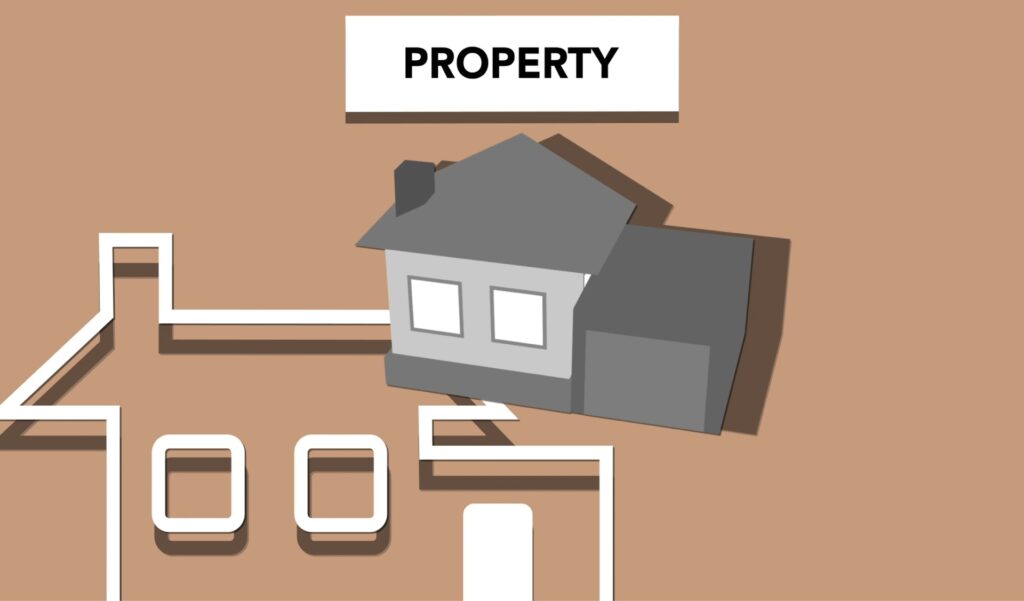When it comes to hiring a contractor, there are many things you can look for to make sure you choose the right one. For example, a contractor should have insurance and be licensed per state laws.
Maintenance bonds, also called warranty bonds, are standard on federal and state construction projects to ensure the quality of craftsmanship. These bonds last for a specified time and cover defects in quality and materials.
Reputation
Reputation is what people believe about brands, people, companies, and products. It’s a powerful force that shapes behavior and culture.
Reputation is an emergent property at the agent level, meaning it emerges from a multi-level bidirectional process. It’s a powerful tool of social control that influences people, communities, and groups of all sizes. Whether it’s good or bad, reputation has the power to change everything.
Experience
Experience is a big deal in construction. The right contractor can help protect you from costly mistakes during and after your project.
The best contractors have a history of satisfied clients. They will also be capable of resolving any issues that may arise. It means they have the skills and knowledge to provide you with the necessary maintenance bond.
Guarantees
A guarantee is a legal term “to confirm the promise of one party by stating that they will pay if the other party defaults.” It’s an excellent way for clients to ensure contractors can fulfill their promises.
Maintenance bonds are surety bonds that guarantee that a contractor can reimburse clients for damage or defects. They are typically included in a contractor’s bond portfolio and essential to client obligations.
Insurance
Insurance is an essential component of any project. It helps protect you if something goes wrong, and it can also help you avoid lawsuits.
A maintenance bond (a warranty bond) guarantees that completed work will comply with state regulations, building codes, and construction standards for a specified time. If this isn’t the case, an obligee (who requires the bond) can file a claim against it and receive financial compensation from the surety provider to fix the issue.
License
Licenses are essential for a variety of reasons. They ensure public safety, help protect against various hazards, and allow for more efficient operations.
One of the most important aspects of a license is that it carries the official stamp of approval from the local authorities. A permit can also be a good indication of the quality of work that the contractor performs.
Estimates
An estimate is a document that denotes the approximate cost of something. It is a way for a business to communicate with its clients.
Estimates are essential in determining the right contractor for your maintenance bond. Ensure you understand the role of forecasts in your company so that you can use them to make the best choice possible.
Reputation
Reputation is essential to any business, whether a family-owned restaurant or a multinational corporation. A good reputation can mean a better customer experience and, ultimately, greater profits.
It is a complex phenomenon found in all sorts of places and forms, from individual cognition to social propagation, and even on a larger scale in the form of a viral video.
Timeliness
Timeliness is a significant factor in choosing the right contractor for your maintenance bond. It shows that the contractor cares about the quality of their work and will fix any problems that may arise during the contract.
It also ensures that the project owner will not have to pay for repairs after completing the contract. It is valuable peace of mind for both parties.
Communication
Communication is one of the most important factors when choosing the ideal contractor for your maintenance bond. It includes how they communicate with you and their ability to relay information quickly and efficiently.
A certain kind of surety bond called a maintenance bond guards against quality or design flaws in construction projects. It is often required as part of a contract by the project owner and is usually underwritten by a specialist surety bond broker.





Leave a Reply
You must be logged in to post a comment.